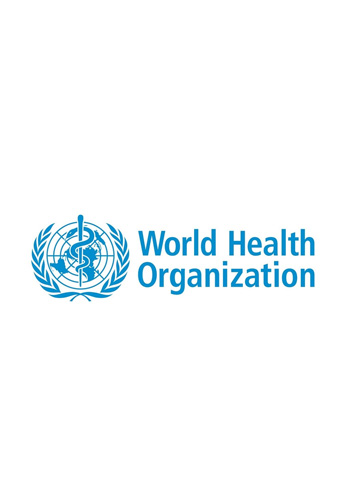Masculinities and Sexual and Reproductive Health and Rights (SRHR): A Global Research Priority Setting Exercise

|
Project Title |
Masculinities and Sexual and Reproductive Health and Rights (SRHR): A Global Research Priority Setting Exercise |
|
Research Focus: |
Sexual and Reproductive Health and Rights (SRHR) |
|
Funder & Dates |
World Health Organization December 2021 – December 2022 |
|
Principal Investigator or Primary Supervisor (if PhD project) |
Professor Maria Lohan |
|
Co-Investigators or additional supervisors |
Professor Mark Tomlinson, Professor John Garry, Dr Aoibheann Brennan-Wilson |
|
Name & Institution of Collaborators |
University of the Western Cape, South Africa Stellenbosch University, South Africa |
|
Name of External Partner Organisations |
World Health Organisation MenEngage Global Alliance |
|
Description of Project: Aim; Methods; Expected Outcomes
|
The aim of the research priority setting exercise (RPSE) is to steer the next generation of research funding and research on the topic of engaging men and boys in SRHR from the basis of an inclusive, rigorous and transparent process of engagement with stakeholders. The methodology will be informed by feminist epistemology and the research design will be an amended version of the established Child Health and Nutrition Initiative (CHNRI) priority setting methodology. This will involve a two-stage process, a qualitative deliberative, consensus-building stage and a quantitative evaluation stage. The qualitative process will involve online focus group discussions with a diverse group of stakeholders to generate initial priority research questions and the relevant criteria by which they should be evaluated. The second stage follows the conventional CHNRI approach and will involve a wider set of stakeholders who will quantitatively rate the questions using the agreed criteria via an online survey. It is expected that the research priority setting exercise will inform the next generation of research studies to address harmful masculinities, engage men in gender transformative ways and contribute to improved SRHR outcomes. |
|
Add links/URLs to external pages, e.g., study webpage, reports, publications etc. |
